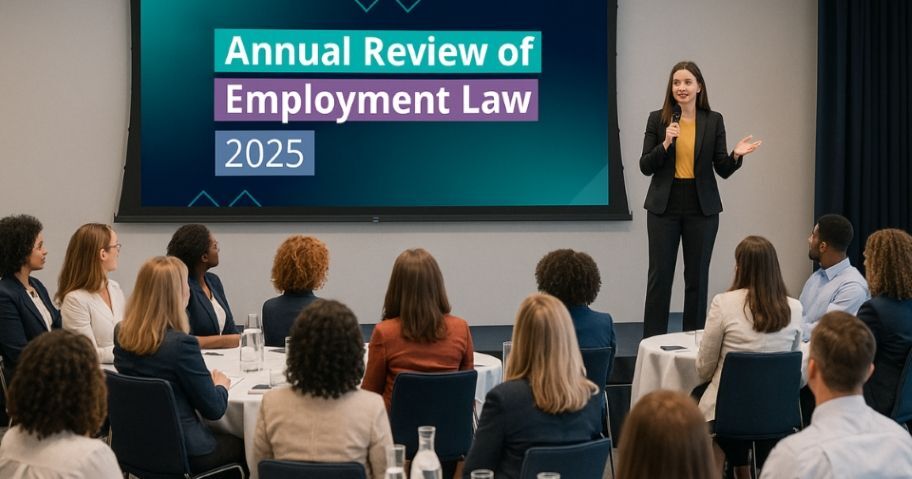Jason Elliott was called to the Bar of Northern Ireland in 2013 and is the Associate Head of School of Law at Ulster University. As a practising barrister, he has developed a largely civil practice representing individuals, companies and public bodies in litigation. This covers a wide range of areas including personal injuries, wills and employment law. In terms of employment law, he has represented both applicants and respondents in the Industrial Tribunal. At Ulster University, Jason lectures extensively on the civil areas of practise such as Equity and Trusts and delivers employment law lectures for both undergraduate and postgraduate students.
Appeal allowed where the failure to attach the grounds of resistance to a notice of appeal was regarded as a minor error which was quickly rectified by the claimant.
The issue arising was the time limits relating to an appeal to the Employment Appeals Tribunal. The claimant had submitted his notice of appeal on 23rd May and the time limit was 24th May. However, he had failed to attach the grounds of resistance of the ET3 as required by the Employment Appeal Tribunal Rules, Rule 3. The issue was whether this was a minor error which would be allowed within Rule 37(5) of the Employment Appeal Tribunal Rules.
The EAT refused to extend time with the reasoning that Rule 37(5) was designed to forgive errors which were negligible. The failure to serve the notice of appeal substantially in accordance with the standard forms was not a negligible error and would not be construed as being a minor error. The claimant appealed to the Court of Appeal.
The structure of Rule 37(5) was sucht aht the EAT had discretion to extend time if two conditions were satisfied. The first is that the error was minor and the second was that the error had been rectified. The EAT had found that it was not minor because the grounds of resistance were central to the issues of the case. The Court of Appeal disagreed with this reasoning stating that the question of whether it was a minor error was not an abstract question but one to be answered in the context of compliance with the rules relating to submitting appeals. The error, for the claimant here, was a minor one in complying with Rule 3. Accordingly, the appeal was allowed with it being found that the error was a minor one and it had been rectified.
Whilst this case relates to the EAT procedures – the interpretation of what is deemed a minor error is useful for appeals from the Industrial Tribunal to the Court of Appeal in Northern Ireland. The fact that it is looked at from the perspective of minor in the context of the rule to be followed rather than the overall case does provide for more flexibility and discretion for the appellate court in deciding whether the error is minor and where it has been rectified then it could be used to allow for a case to proceed rather than being dismissed due to procedural issues.
You can read the case in full here:
https://www.bailii.org/ew/cases/EWCA/Civ/2025/585.html
Continue reading
We help hundreds of people like you understand how the latest changes in employment law impact your business.
Please log in to view the full article.
What you'll get:
- Help understand the ramifications of each important case from NI, GB and Europe
- Ensure your organisation's policies and procedures are fully compliant with NI law
- 24/7 access to all the content in the Legal Island Vault for research case law and HR issues
- Receive free preliminary advice on workplace issues from the employment team
Already a subscriber? Log in now or start a free trial






